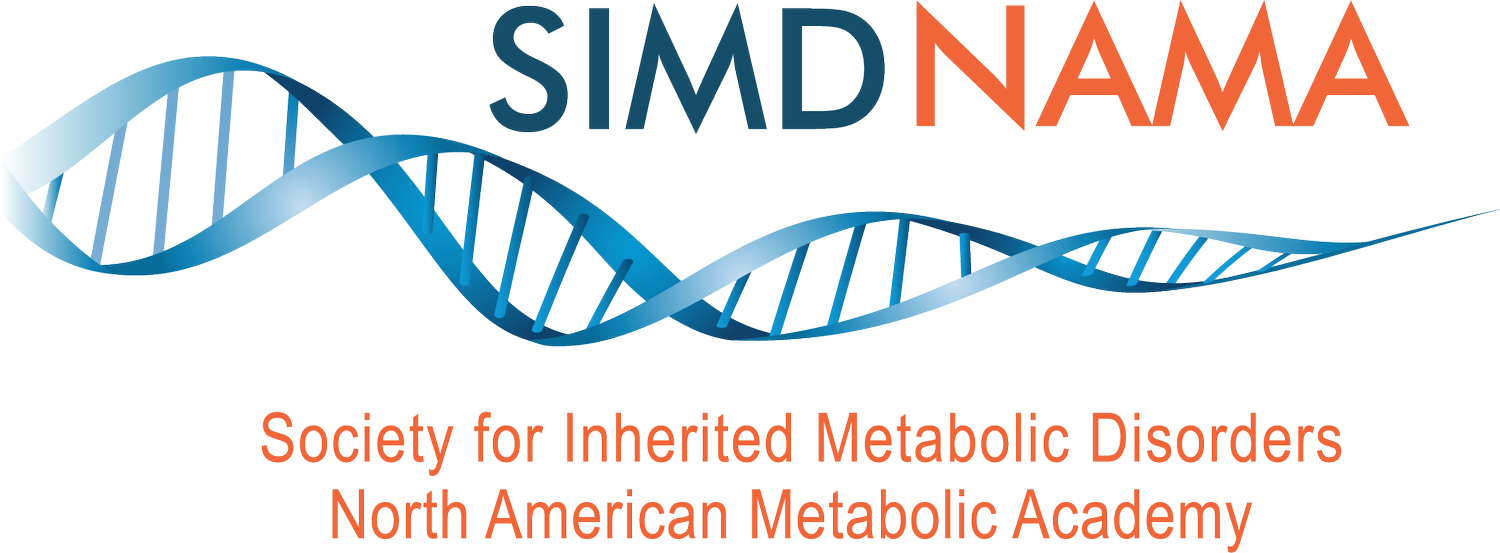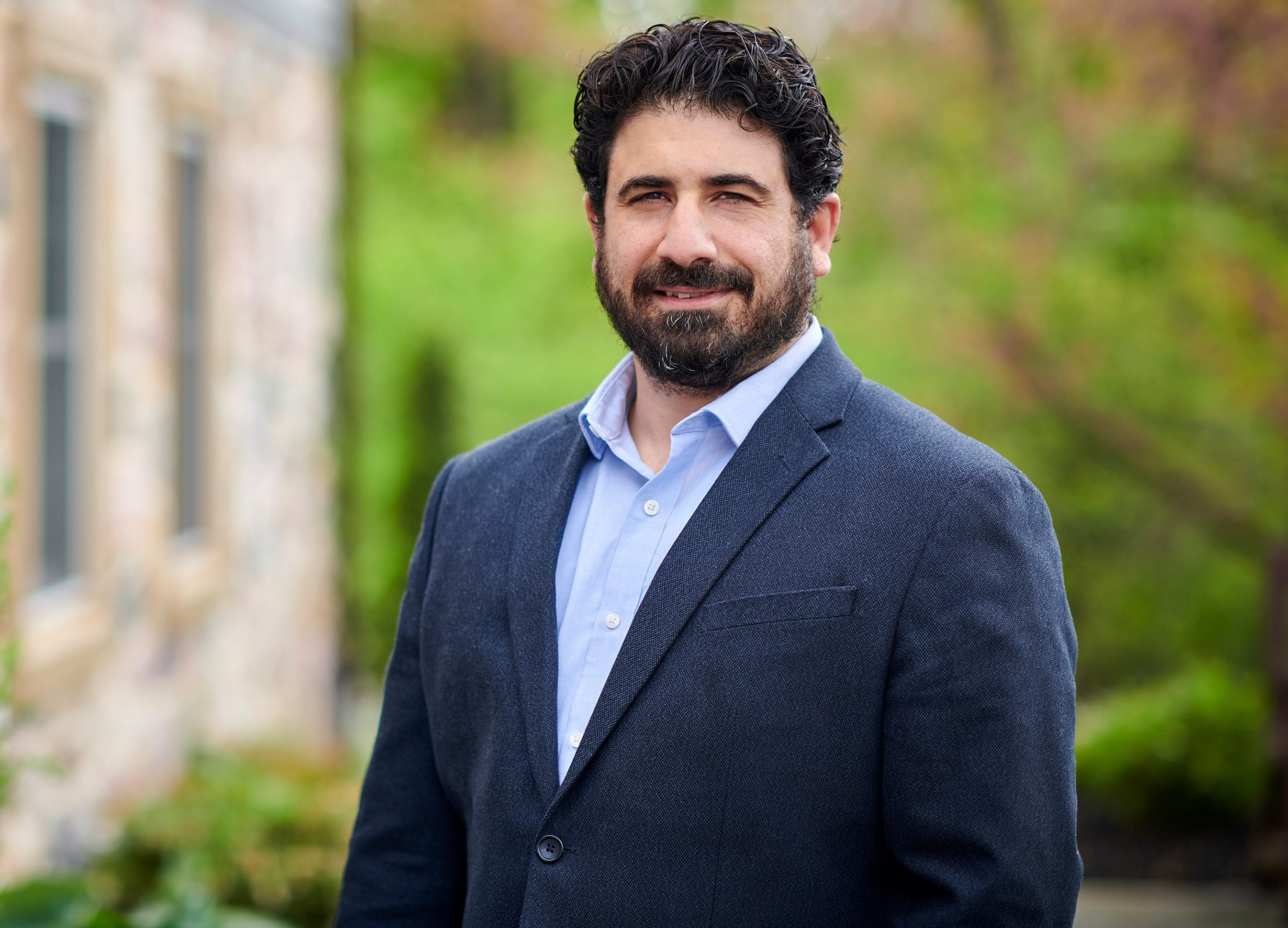
Building your foundation of metabolic knowledge.
Our annual learning experience targeting the metabolic community.
About NAMA Systems Review
NAMA Systems Review invites clinicians and allied health professionals who are involved in caring for patients with inborn errors to hone their clinical skills through the review and analysis of informative clinical cases oriented around selected topics, such as an organ system or presenting symptom. Each NAMA: System Review course focuses on a different organic system of symptom.
Course Description
Learning at NAMA Systems Review occurs through the review and analysis of multiple clinical cases, all oriented around a specific organ system or presenting symptom known to be associated with metabolic disease. This process begins in small groups with a discussion of the case and the differential diagnosis. Attention then transfers to presentation of the diagnosis phenotype and its pathophysiology in a large group setting with a discussion of relevant therapies.
In preparation for the final session, attendees are invited to submit cases for presentation to the whole group with the aim of highlighting a particularly notable or relevant aspect of each case.
In addition, a patient with a disorder relevant to the workshop (or a family member) will discuss her/his experience of living with that diagnosis.
This course description is not yet final and remains open for modification.
Learning Objectives
Develop a differential diagnosis for each clinical case that orients around a particular organ/symptom-related presentation.
Review the phenotype of each case diagnosis.
Discuss the pathophysiology of the disease as it relates to the particular organ/symptom.
Outline a therapeutic approach for each case diagnosis.
Course Outline
To be announced.
The Faculty
The faculty of NAMA Systems Review include seasoned, well-established metabolic geneticists who are dedicated clinicians and committed educators. They guide the learning in the small groups, and lecture about the highlighted phenotypes, integrating understanding of normal metabolism and pathophysiology, then oversee treatment strategies. All faculty have previously served as faculty members for NAMA 1.0.
FAQs
-
NAMA 2.0 invites clinicians who have never had any formal metabolic training and trainees to study selected areas of metabolism in more detail in order to participate more actively in the diagnosis and management of patients with inborn errors of metabolism.
-
Registration is open to clinicians who have never had any formal metabolic training -- geneticists (non-metabolic) and other specialists, and health professionals who work in metabolic clinics (nurse practitioners/nurses, physician associates, genetic counselors, dietitians) – and trainees.
-
The next NAMA 2.0 course will run from February 5 – 8, 2025 in Chicago, Illinois.



